
Campaign poster for Victor Berger (1860-1929), U.S. Senatorial campaign. Source: Wisconsin Historical Society.
Milwaukee representative Victor Berger introduced House Resolution 409 to conduct hearings into the Lawrence strike and the workings of the American Woolen Company.
Berger, born in Austria-Hungary in 1860, came to the U.S. in 1879. House hearings on the resolution commenced on March 2, 1912. Several Lawrence residents, including children, testified before Congress regarding a host of strike-related issues.
Here is a portion of Berger’s opening remarks on Resolution 409 ( 62nd Congress, 2nd Session, Document No. 671):
The American Woolen Company has for years been recipient of a Government subsidy in the forms of a high tariff. The claim has been made that this high tariff is levied in order to protect labor.
Yet in spite of this claim it is generally conceded that these operatives are among the lowest paid of any industry in America? Since it is a well known fact that the American Woolen Co. practically controls the production of worsted woolens in America, I believe it is the duty of the House of Representatives, before we undertake to fix the tariff on wool and woolen and worsted goods, to investigate and make known all the facts regarding this strike?
It can be shown that not only do highly protected industries pay extremely low wages in the face of a constant rise in the cost of living, but also that the tendency is to pay lower wages compared with an increasing product, and to get more work out of the workers by constantly speeding them up?
Source for this post: Lawrence and the 1912 Bread and Roses Strike by Robert Forrant and Susan Grabski.

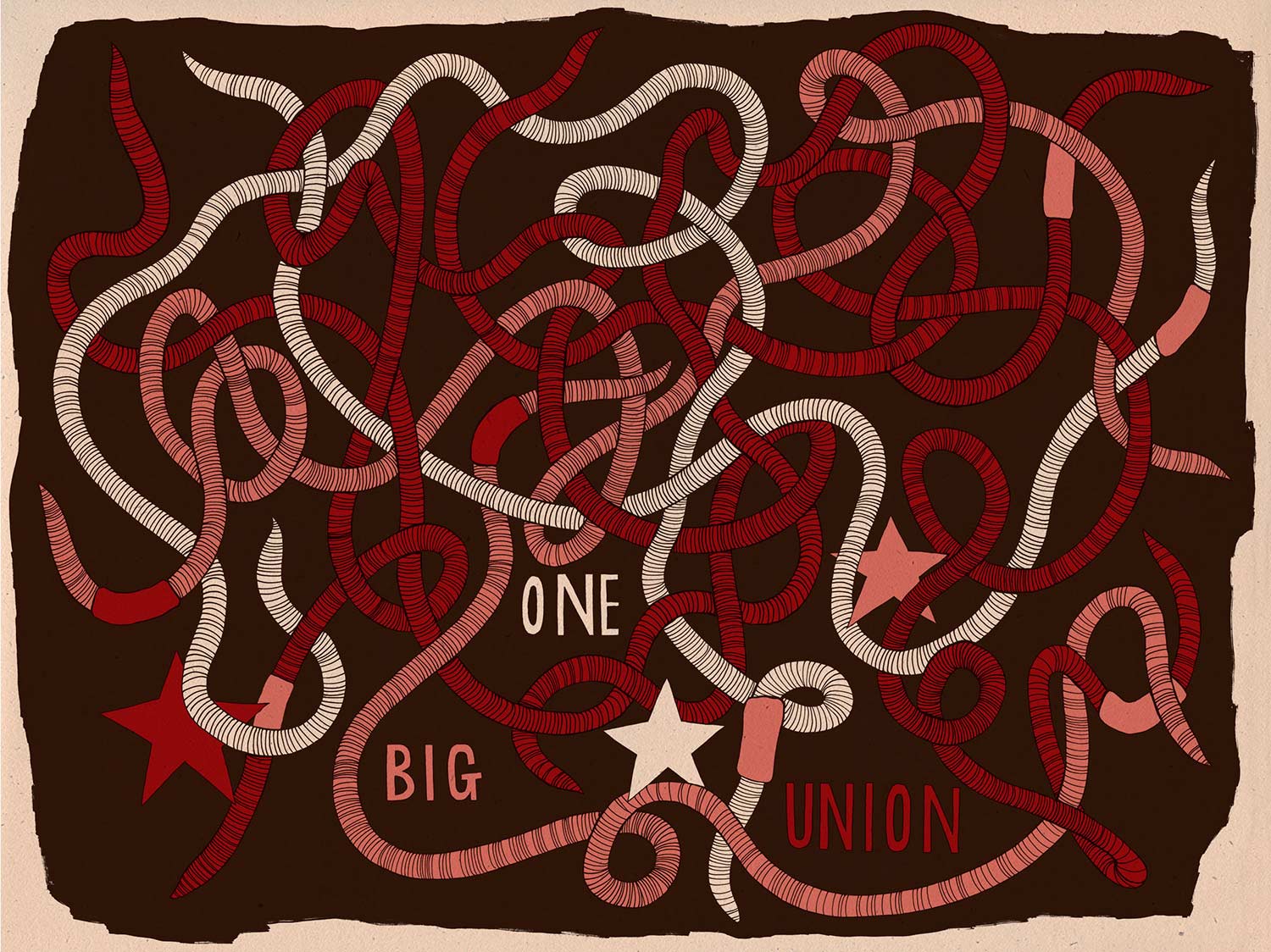
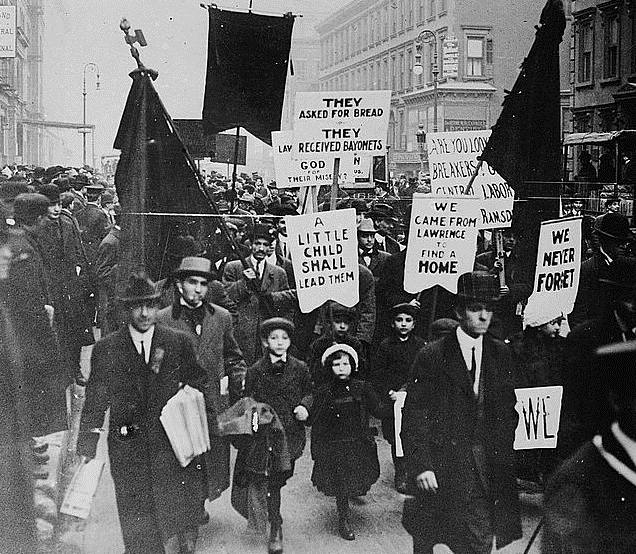
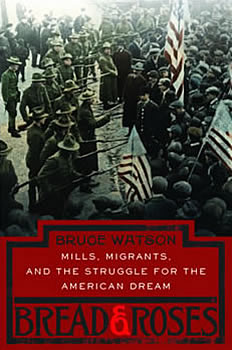

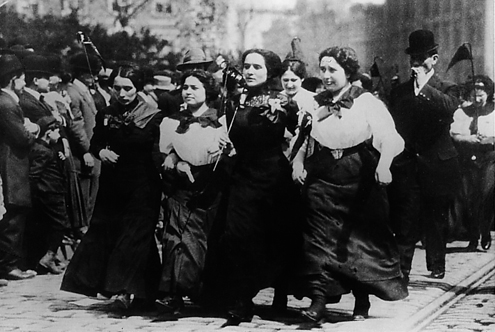
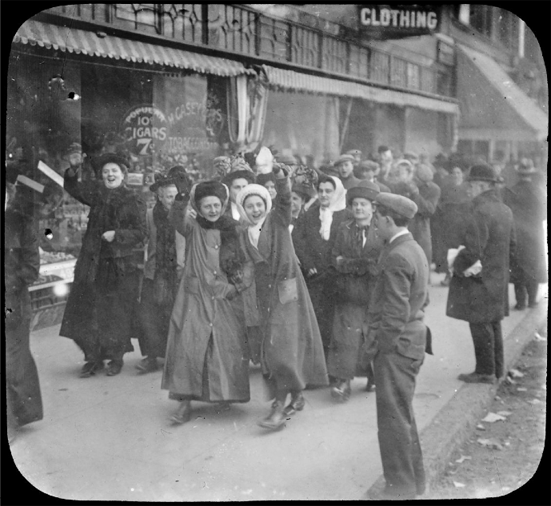
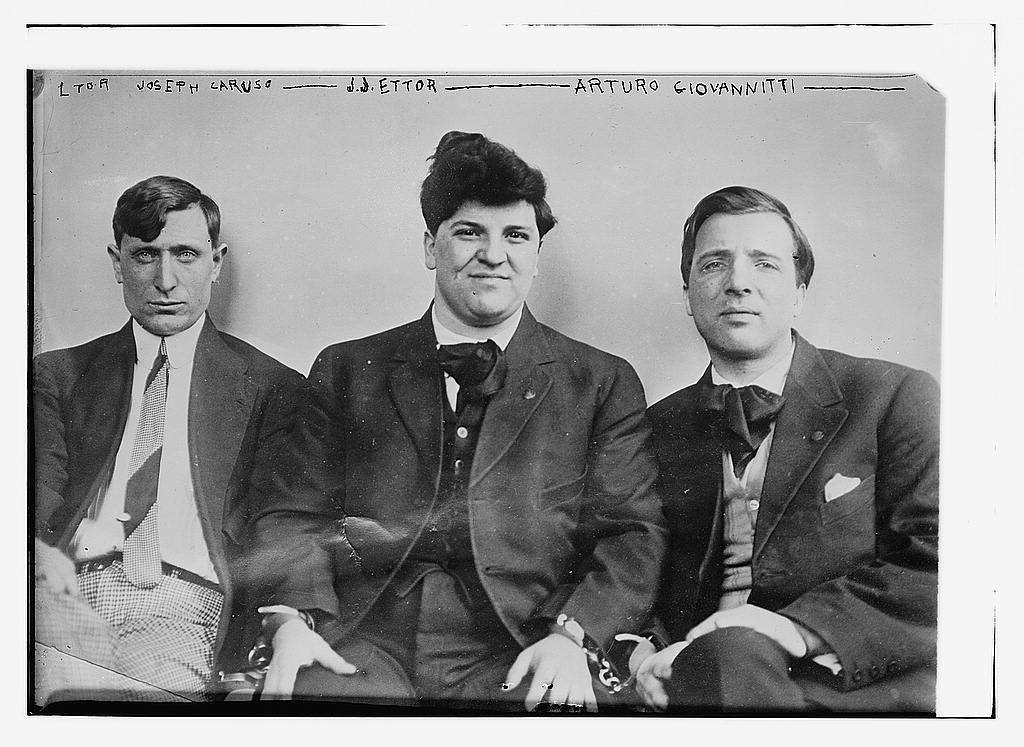





Twitter
Google plus
LinkedIn